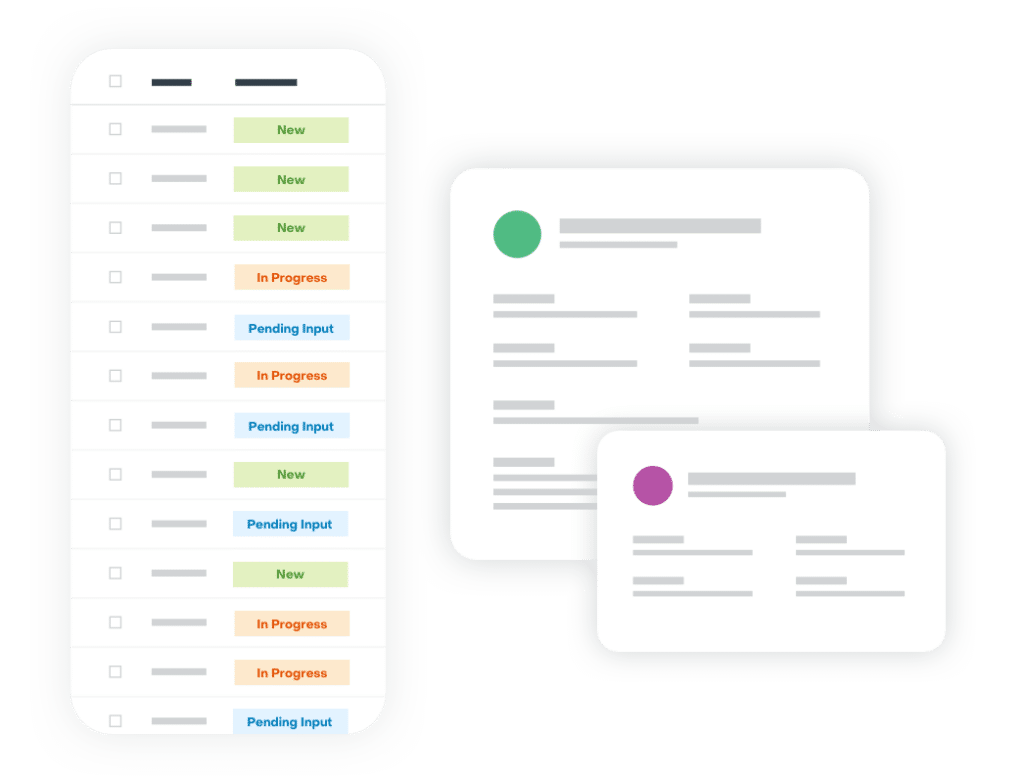How CX Helps Deliver Market Success for Manufacturers
Over the past few years, companies have operated under high disruptions, regardless of the sector. From changing customer preferences to demand disruptions and challenging planning systems, businesses are being forced to rethink their growth strategies. Because of shifting global dynamics, modern manufacturers are being pushed to accelerate their digital transformation initiatives.
Today, eCommerce and social commerce have become popular across all industries and sectors. And the manufacturing industry, just like all other sectors, has pivoted its businesses to ride out the challenging environment.
A new trend toward direct-to-consumer has emerged now that manufacturing companies are shortening their supply chain, emphasizing just-in-time deliveries, and creating value for their customers.
But with this new trend, many manufacturers saw themselves dealing with fragmented, outdated, and incomplete customer data. With keen competition, falling behind with digital transformation is not an option.
The Advantages of Digital Transformation for Manufacturers Turning to AI
As many manufacturers struggle with incomplete, siloed, and outdated customer data, striving to improve these through digital transformation can offer such enterprises a competitive edge. More than this, adopting digital transformation initiatives can improve customer retention and acquisition and increase overall revenue share. Robust CRM solutions can help manufacturers effectively store customer information, such as addresses, telephone numbers, key contacts, purchase history, support interactions history, etc.
According to McKinsey, 80% of sales leaders said that sales processes were significantly improved when omnichannel methods were deployed, as opposed to traditional methods. Apart from helping sales reps stay on top of their daily tasks, digital transformation initiatives can help manufacturing enterprises in several other ways.
- Improve production efficiency and sustainability
- Help them develop a more resilient supply chain and inventory transparency
- Lower operational costs
With the emergence of artificial intelligence (AI) and generative AI innovations, manufacturing companies can now focus on enhancing customer interactions and delivering higher levels of CX.
AI is single-handedly putting CRM back at the heart of CX, providing the foundational technology manufacturers need to drive engagement and deliver experiences that keep customers returning for more.
CRM + ERP—The Next Gen Integration Manufacturers Can’t Afford Not to Have
Many manufacturers are still wrangling ERP systems with limited functionality. Others who have moved to use a CRM haven’t integrated their CRM with other ERP systems to create a uniform data view. By integrating ERP and CRM solutions, manufacturers can improve business performance operations and boost revenue growth. Besides, other advantages stem from integrating ERP and CRM tools:
- Enhanced cross-departmental collaboration
- Improve the decision-making process
- Accelerate your customer service efforts
- Boost revenue
However, when it comes to digital transformation, customers are in the driver’s seat, not businesses. That’s why manufacturers must do all they can to stand out from the crowd or find themselves irrelevant, especially with marketplaces more competitive than ever.
How Manufacturers Can Differentiate and Offer Enhanced CX
One way that manufacturers can differentiate is by consistently providing an outstanding CX. By doing so, businesses have more wiggle room in how they carry out their operations and their pricing strategies.
According to a recent research by PwC, valued customer experiences can allow companies to charge up to a 16% price premium on products and services and reap the benefit of improved customer retention from increased loyalty.
When it comes to CX, consistency is critical. To drive market success through outstanding CX, manufacturers must be consistent with their customer experience approach across every customer touchpoint/channel. In a landscape of omnichannel interactions, this becomes increasingly relevant. Customers should enjoy the same high CX level across all touchpoints, starting with automated chat solutions, self-help portals, emails, calls, etc.
With the emergence of generative AI features, manufacturers can quickly become growth leaders. Today, generative AI can be a personal assistant across all operations, from marketing to sales and service.
For marketing interactions, generative AI can help enhance customer experience by improving the personalization of your campaigns, emails, and blogs. Higher personalization makes customers more likely to feel seen and valued, enhancing CX. Generative AI can also help marketing teams to segment their audience accurately, removing friction and offering your audience the correct information at the right time.
In support interactions, generative AI positively impacts CX by allowing your support reps to quickly find answers and solve customer issues, resulting in faster resolution times and happier customers. On the other hand, generative AI assistants can solve routine tasks, freeing your support team from complex duties and focusing on building customer trust and experience. Gen AI can also help support reps enhance customer experience with each interaction by summarizing case histories and offering them a clear view of each case without overlooking important details.
Customer interactions should always be consistent, personalized, and customized. For manufacturers, acknowledging the customer’s history with the business is critical.
Manufacturers need mechanisms to quickly bring up basic information such as how long they have been a customer, their purchase history, preferences, and any issues they’ve had in the past. Having this digital intelligence ensures a seamless overall customer experience.
A robust CRM infused with generative AI capabilities can also be used to develop new products and solutions based on customer needs. Such tools automatically capture customer information and instantly present it intuitively, so the departments that need to take advantage of it can do so effortlessly.
The key to creating a unique CX is knowing your customer. By collecting high quality customer data and ensuring it can be easily retrieved and used, manufacturers can understand their customers’ needs and deliver products and services across multiple channels.
Digital transformation efforts that are customer-centric ensure an optimized CX, which ultimately improves customer retention and increases revenue.
If you’re curious to learn more about how to deliver higher levels of CX and boost market success in competitive industries such as Manufacturing, read our Connecting the Manufacturing Value Chain guide or get in touch with us, and let’s chat!
This blog post is based on an article initially published on Australian Manufacturing News.


